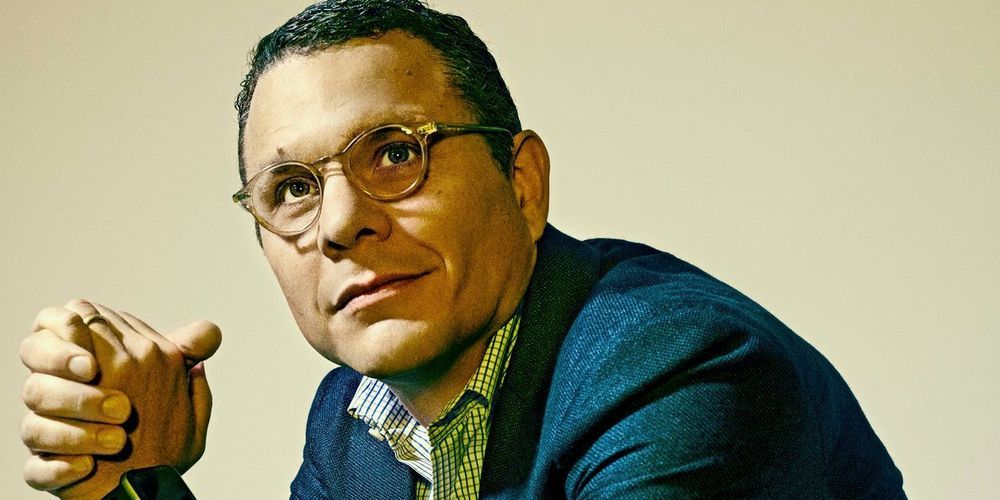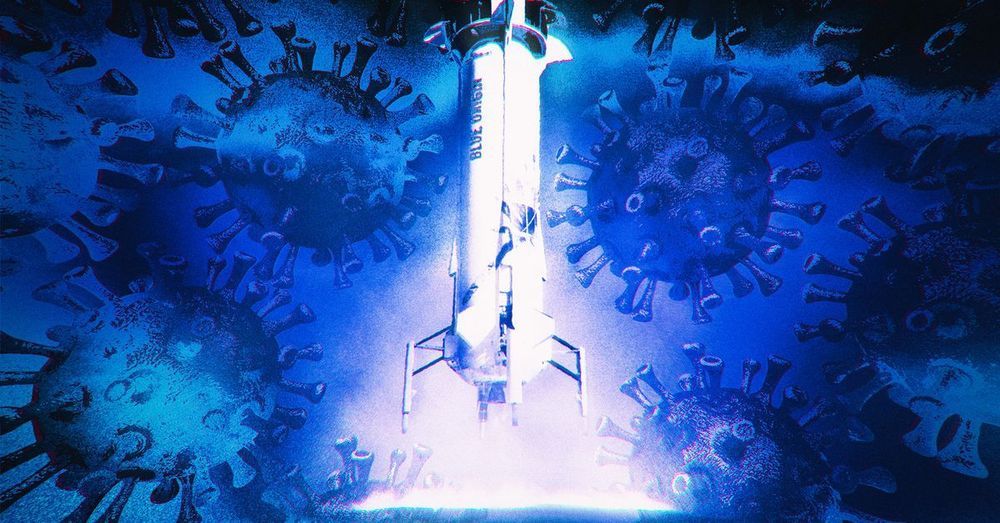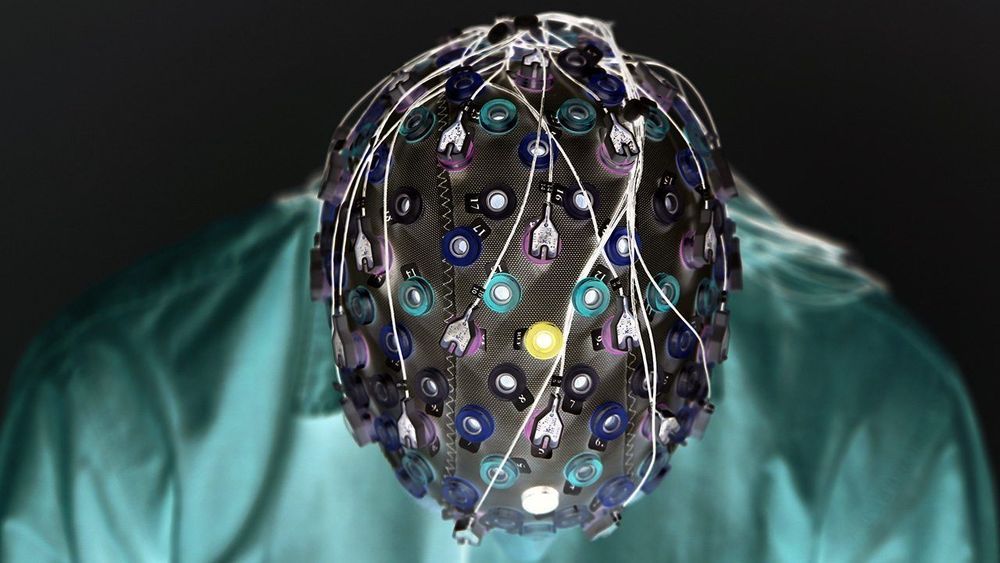Apr 3, 2020
VA struggles to fill hospital jobs; it has 49,000 openings across the country
Posted by Quinn Sena in categories: biotech/medical, employment
Staffing shortages amid the 386,000 VA employees are “a root cause for many of the problems in veterans’ care,” said Inspector General Michael Missal.
There are two main reasons for the shortages — low salaries and a lack of qualified applicants, with the former leading to the latter.
Consider this item from the report: VA “medical center directors make approximately 25% of a private sector hospital chief executive officer salary yet have a greater scope of responsibility.” Top pay for a VA medical center director is $201,900.


















